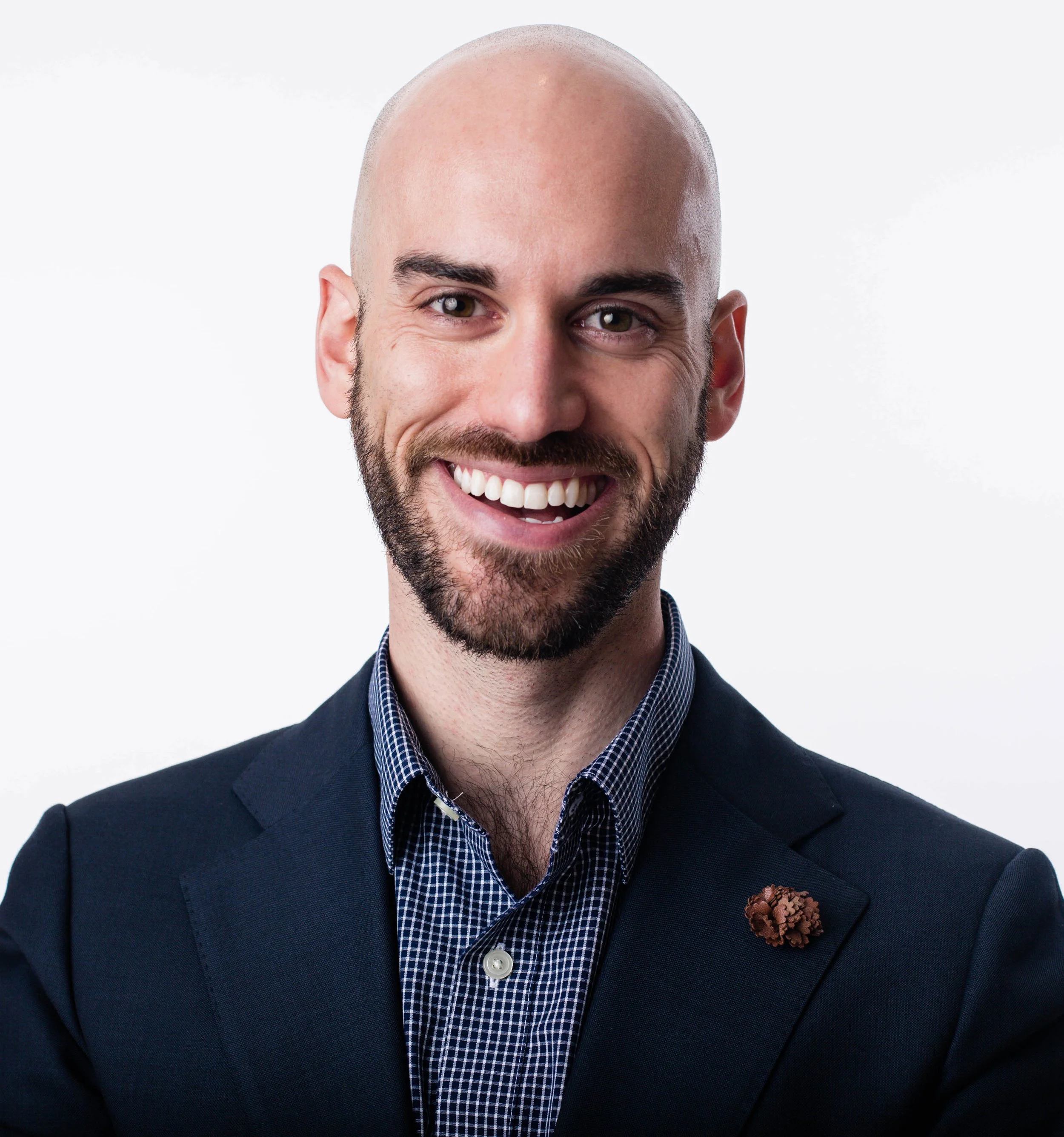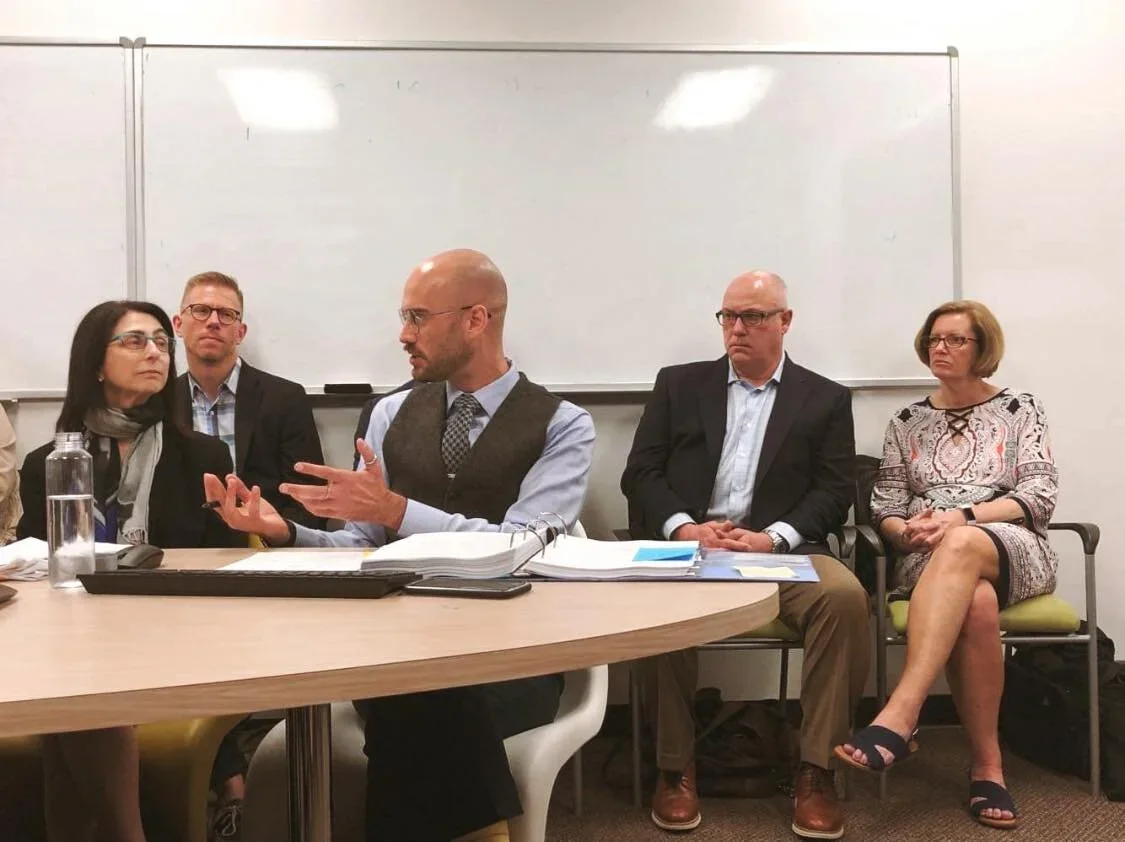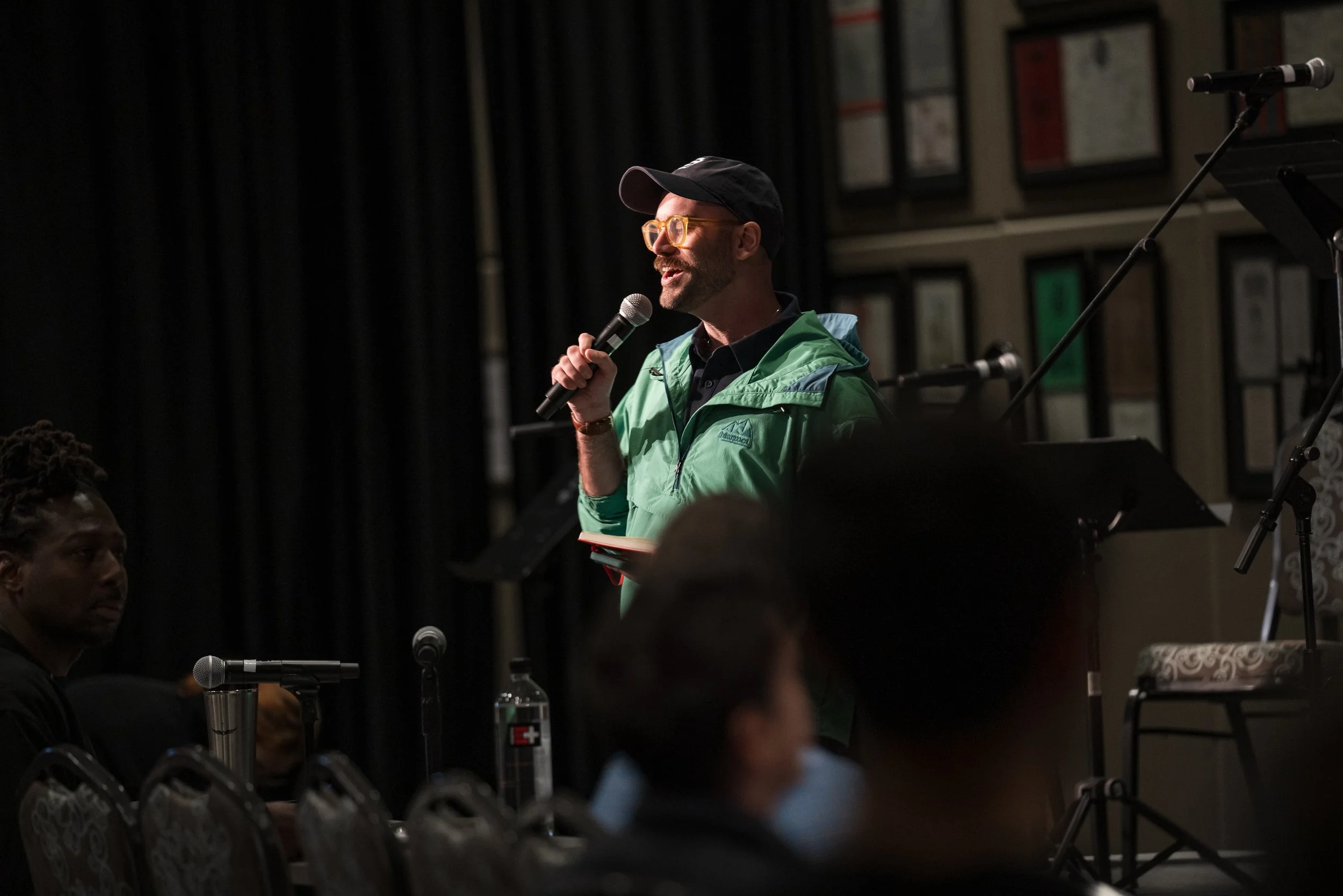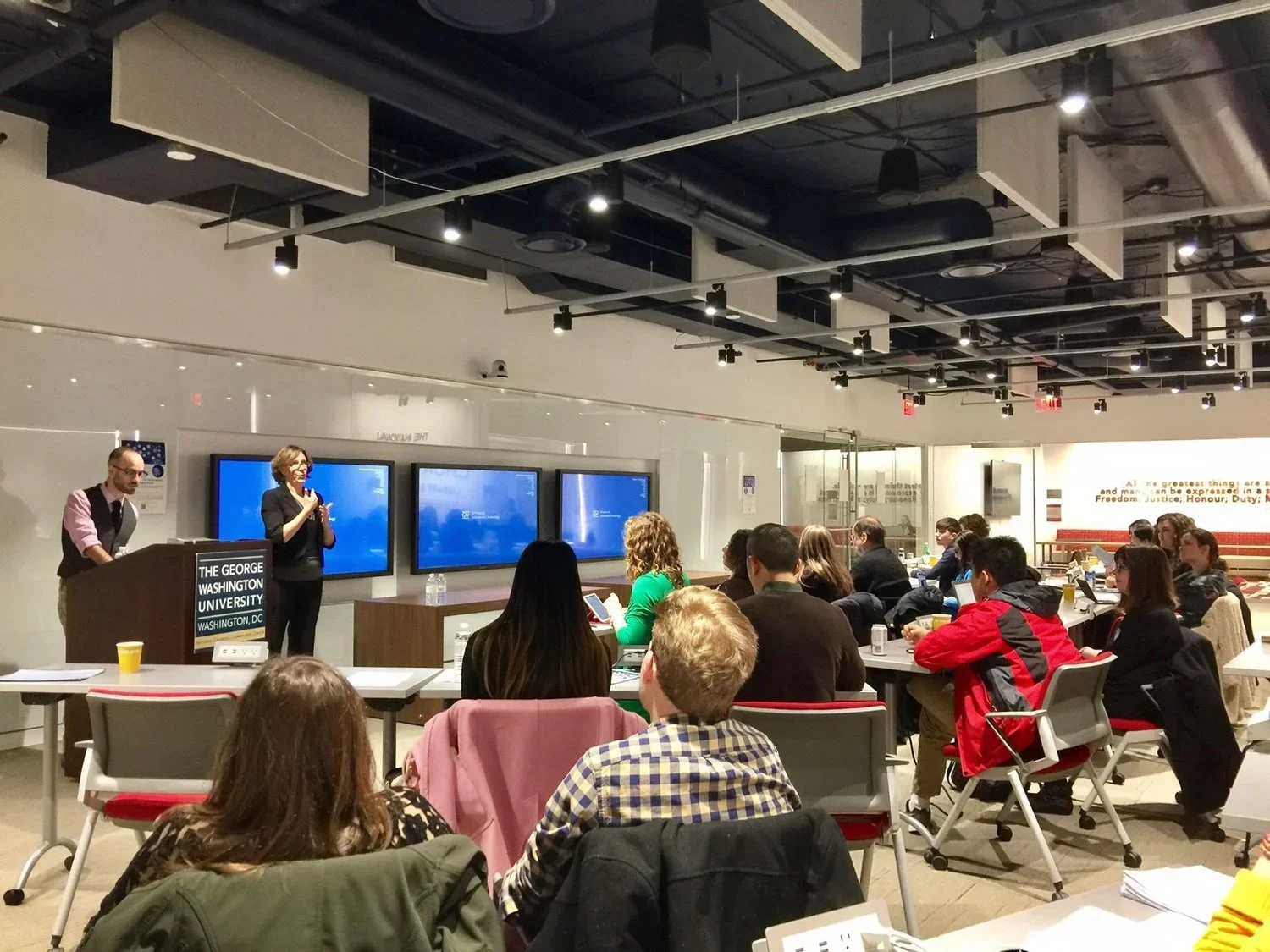disability and drama scholar
Samuel Yates, Ph,D. (they/he), is a deaf arist-scholar who examines disability aesthetics and labor in dramatic arts. Samuel is currently an Assistant Professor of Theatre and Resident Dramaturg in the School of Theatre at The Pennsylvania State University. They previously served on the faculty at Millikin University, American University, the University of Maryland-Baltimore County, and The George Washington University (GWU). Samuel received their Ph.D. in English from GWU, where their dissertation research earned the American Society for Theatre Research’s (ASTR) Helen Krich-Chinoy Dissertation Fellowship and the Dean’s Dissertation Completion Fellowship. They completed an M.Phil in Theatre and Performance Studies from Trinity College Dublin as a George J. Mitchell Scholar and a B.A. from Centre College as a John C. Young Scholar. Samuel’s first monograph project, Cripping Broadway: Producing Disability in Musical Theatre, is under contract with the University of Michigan Press. Cripping Broadway theorizes disability as a central determinant of musical theatre aesthetics, asking how our notions of disability or the able body inform and transform commercial theatre practices. They began a new project, Strange Speech: Codemeshing Disability and Disorder, with support from the 2023 ASTR Research Fellowship and a fellowship at the Folger Shakespeare Library in Washington, D.C., in 2024-2025. In 2025-2026 Samuel holds the inaugural Bunnett-Muir Musical Theatre Fellowship at the Victoria and Albert Museum in London, England.
Samuel holds a Humanity in Action Senior Fellowship for their work on performance and body politics and, as dramaturg, has collaborated with theaters such as the Abbey Theatre, Woolly Mammoth, The Huntington, the Eugene O’Neill Theater Center, The Samuel Beckett Centre, and the Gala Hispanic Theatre. Beyond the theatre, Samuel has worked as an arts and accessibility consultant with Gensler Architecture, Great Plains Theatre Commons, and 3Arts Chicago. Their award-winning research appears in venues like The Journal of Dramatic Theory and Criticism, Theatre Topics, Prompt, and Studies in Musical Theatre, as well as edited volumes such as The Matter of Disability (U Michigan), A Cultural History of Disability in the Modern Age (Bloomsbury), and Monsters in Performance: Essays on the Aesthetics of Social Disqualification (Routledge).
More recently, Samuel’s attentions have been focused on creating space to support disability scholars and disabled community members in higher education. In collaboration with ASTR and the Association for Theatre in Higher Education (ATHE), Samuel crafted the Accessibility Guidelines that are the current standard for the professional organizations’ annual conference gatherings. Their co-edited (with Lindsey Barr, American University, and Caitlin Marshall, University of Maryland) special issue of Studies in Musical Theatre, “Disability in Musical Theatre,” 19.2 was published in Fall 2025 and is available here. With Patrick McKelvey, they co-created the multi-year working group Disability Performance Cultures and are co-editing a special section of Theatre History, “Disability Performance Histories,” forthcoming in Winter 2026. Samuel’s forthcoming textbook with Jeanmarie Higgins (UT-Arlington), Teaching Writing Across Theatre and Performance Studies: A Resource Guide, is in press with Palgrave Macmillan.
Education
Ph.D., English, George Washington University (USA)
2019
Concentrations: Crip/Queer Theory, American Literatures and Cultures
M.Phil, Theatre & Performance, Trinity College Dublin (IE)
2013
B.A., English & Dramatic ARts, Centre College (USA)
Professional certificates
2020
2018
2011
Online Pedagogy Instructor Certification, American University (USA)
Graduate Certificate in the Engaged and Public Humanities, Georgetown University (USA)
Valedictorian, Summa Cum Laude
Concentration: Playwriting; George J. Mitchell Scholar
MY BACKGROUND
My research originates in part from my long interest in disability and drama. Perhaps this is a byproduct of the earliest musical I can remember seeing live, a production of Marsha Norman and Lucy Simon’s The Secret Garden at Music Theatre Louisville. The 1991 adaptation of Francis Hodgson Burnett’s 1911 novel is full of remarkably unwell people: the perishing Lennoxes, a hunchbacked Archibald Craven, Colin—bedridden with an undefined but certainly fatal illness, and a heroine afraid to sleep due to traumatic night terrors. The ill condition of these characters is presumably alleviated by the curative powers of the eponymous secret garden, but the story leaves many questions unanswered: Why does no one admonish Dr. Craven, Archibald’s brother, for his misdiagnosis and poor care of Colin? Does the English pastoral scene permanently quell Archibald and Mary’s traumatic history? How does Colin, bedridden for ten years, miraculously rise from his wheelchair to walk? The show posed questions that neither a six-year-old nor his tired grandparents could answer.
Now, as a theater scholar and practitioner, I have additional questions: How do disability aesthetics and the lived embodiement of disability shape dramatic writing and literatures? Why do we continue the casting practice of employing able-bodied actors in disabled roles, when we have abandoned miscasting by gender, race, and ethnicity? Is the theatrical illusion of disability shattered when spectators know the performer is able-bodied? Or do such performances actually rely on the extension of the able-body into the realm of disabled embodiment onstage? To answer these queries, or if not, arrive at better questions, my work explores the contact points between disabled embodiment and contemporary performing arts.



